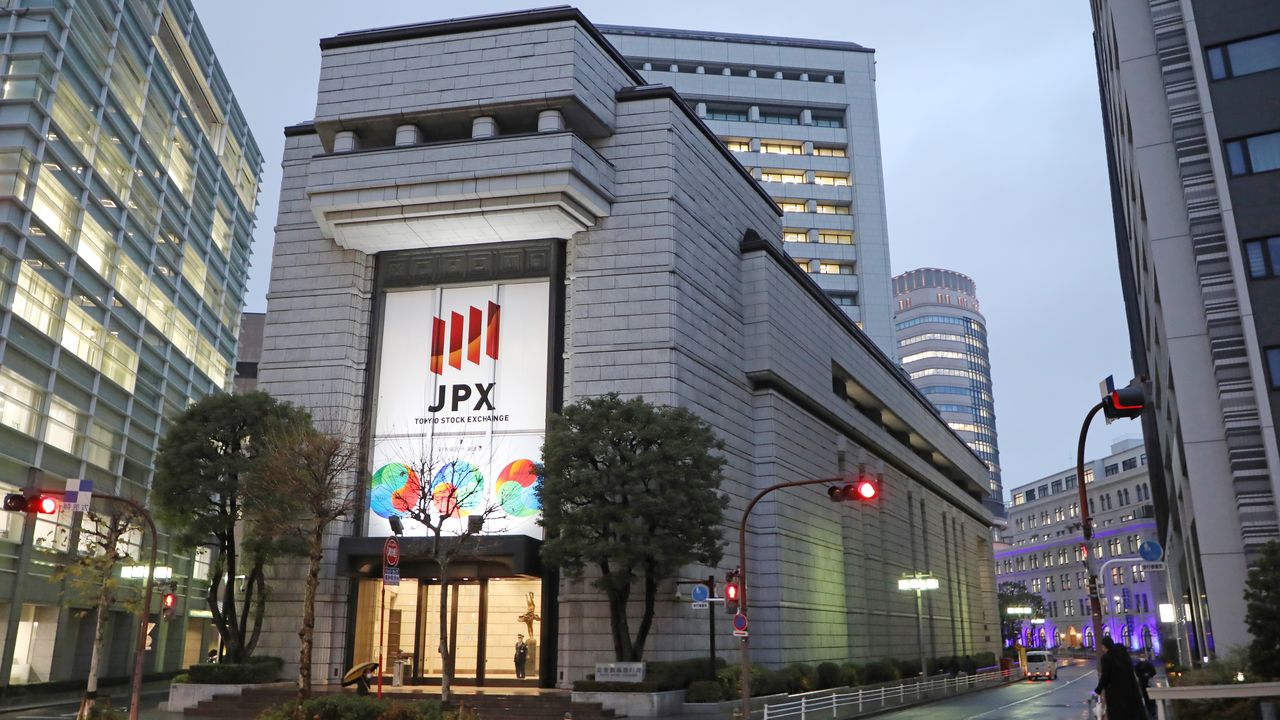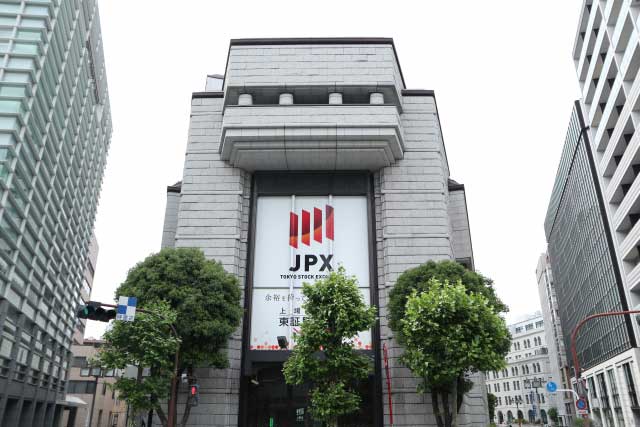Tokyo Stock Exchange (TSE) vs. Major Exchanges: Market Capitalization and Trading Volume (as of August 5, 2024)

| Exchange | Market Capitalization (USD Trillion) | Trading Volume (USD Billion) |
| Tokyo Stock Exchange (TSE) | 6.8 | 2.1 |
| New York Stock Exchange (NYSE) | 38.0 | 22.0 |
| Nasdaq | 18.5 | 15.2 |
| Shanghai Stock Exchange (SSE) | 7.2 | 10.5 |
note
Market capitalization is an estimate based on publicly available data and may vary depending on the source.
Trading volume is an average daily trading volume for the year 2024 (estimated).
These are just a few of the major stock exchanges globally. Other important exchanges include the London Stock Exchange (LSE), Hong Kong Stock Exchange (HKEX), and Euronext.
An Overview
The Tokyo Stock Exchange (TSE) is Japan’s primary stock exchange and one of the world’s largest. It’s a crucial financial hub for Japan and the broader Asia-Pacific region.
Key points about the TSE:
Size and Importance:
It’s one of the world’s largest stock exchanges by market capitalization, home to numerous global and domestic companies.
Indices:
The Nikkei 225 is the most widely watched index, representing the top 225 companies on the exchange. Other important indices include the TOPIX.
Trading Hours:
The TSE operates in a different time zone than many Western markets, opening when markets in Europe and the US are closing.
Influence:
Movements in the TSE can significantly impact global financial markets due to its size and the role of Japan in the global economy.
Factors Affecting the TSE
Several factors influence the Tokyo Stock Exchange:
Global Economic Conditions: Global economic trends, such as interest rates, oil prices, and geopolitical events, directly impact the TSE.
Japanese Economy: Domestic economic performance, including GDP growth, inflation, and unemployment, is crucial.
Yen Strength: The value of the Japanese yen against other currencies affects the competitiveness of Japanese exporters and influences stock prices.
Corporate Earnings: Strong corporate earnings drive stock prices upward, while weak earnings can lead to declines.
Investor Sentiment: Market psychology, including optimism or pessimism, plays a significant role.
Investing in the TSE
Investing in the Tokyo Stock Exchange can offer opportunities, but it’s essential to understand the market dynamics and associated risks. Factors to consider include:
Market Timing: Identifying the right time to invest can be challenging due to market volatility.
Diversification: Spreading investments across different sectors and companies can help manage risk.
Long-Term Perspective: Investing for the long term can often yield better results than short-term trading.
Exchange Rates: Fluctuations in the yen can impact returns for foreign investors.



